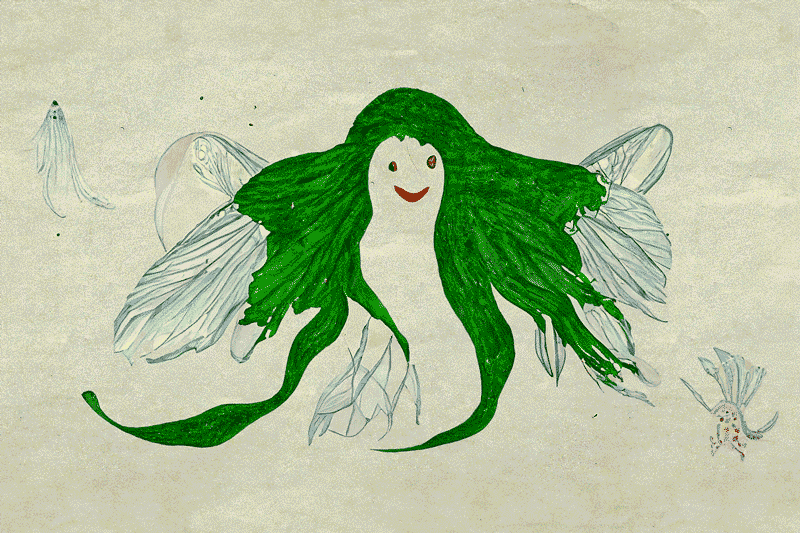Season’s Greetings
Art is Not Indifference
This season’s greetings come as a sincere concern that I, Chus Martínez, would love to share with you. My concerns are also balanced by my unshakable trust in artists and art as the only antidote to deal with the bad times. Elie Wiesel, a writer I am currently returning to, once wrote: “And the opposite of life is not death, it’s indifference.” Art is not indifferent.
Public opinion is currently immersed in a climate of violence and growing dishonesty. Well-documented facts are being challenged by defamatory allegations, statements that damage the reputation of third parties. On the one hand, defamation seems to be an obvious tactic to divert public attention from the urgent issues that we all need to focus on and be concerned about. On the other hand, the campaigns are so unanimous that lies begin to have the appeal of normative guidelines. A lifetime of commitment to equality and human rights can be erased in loud and public controversies where one’s practice is reduced to absurdity. How to disagree with a lie? How to dismantle a slander? These are significant questions. A major challenge is the reluctance to contextualize problems and to place questions of ethical relevance in what we used to call “the big picture.”
I read The Joke, a book by Czech writer Milan Kundera, in 1996. A teacher gave it to me, saying, “Read it, this is the form of the past and will be the form of the future.” The book tells the story of Ludvik, a student in Prague in the 1950s. He is a communist but also a funny “smart ass.” His girlfriend, whom he really loves, is a politically orthodox militant, which irritates him. He writes her a postcard: “Optimism is the opium of the people! A healthy atmosphere stinks of stupidity! Long live Trotsky!” From that point on, the amazing novel tells an incredible and unbelievable story of pain. Taken out of context, these sentences are used—misused—to expel him from the party, to expel him from the university, and to force him not only to apologize but also to work as a penal laborer in the mines. I remember my bitter tears as I read and tried to contest this gigantic injustice. It was just a joke! Can’t they see the context? They could have. But they chose not to.
In the end, it all depends on the collective choice we have all made. We may choose the worst, knowing that other choices are possible. There are many reasons why a society may choose wrongly. I am not judging, but I wonder if there is a magical “switch,” a wave of charismatic people or a voice that comes from within that allows this collective bad decision to be reversed. What is it that reverses bad decisions and injustice? I dare say it is the experience of goodness. A belief in the common good, in the common interest, a belief in democracy and the right of expression, the right to dissent, the duty to exchange and contextualize giving arguments, and the will to get out of the violent spiral that overshadows life as it is today. To reverse this entropic wave of defamation and the growing acts of dishonoring artists for the sake of covering up a very, very bad decision. Nevertheless, I believe that art is part of the impulse that makes society see another horizon and believe in meaningful coexistence again. Art and culture can and already do work towards a world guided by values, space for each other, empathy, equality and democracy. It is a space where dissent has a place, a dissent followed by another dialog and another effort to share a social space. Let’s insist on this for the time to come.
Chus Martínez
Animated AI illustration by Esther Hunziker



